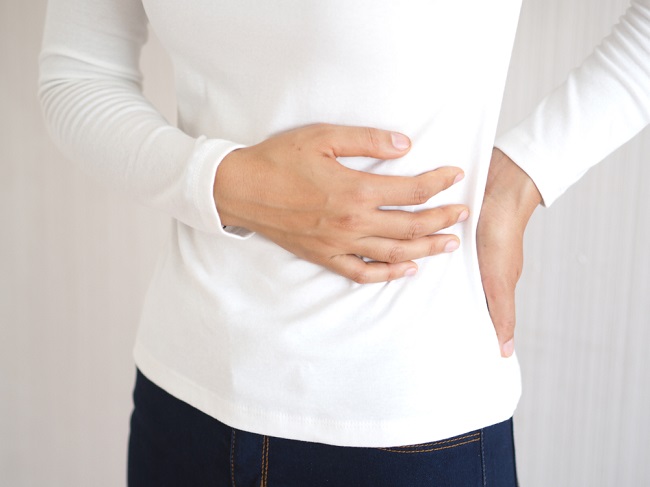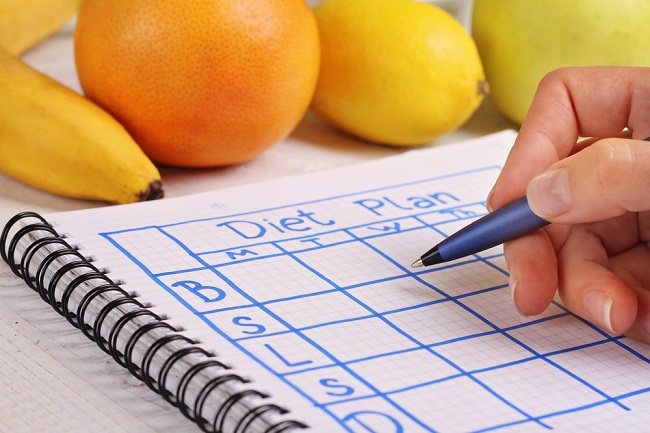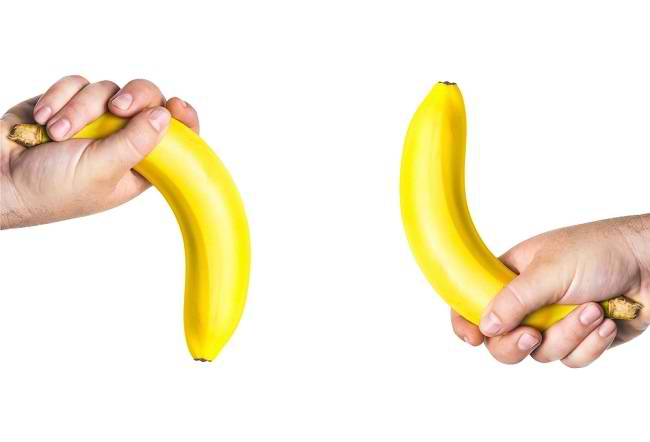There are various causes of kidney stones, ranging from unhealthy daily habits to certain health conditions. To avoid kidney stones, it's a good idea to anticipate these causes early on.
Kidney stones form when blood waste crystallizes and builds up in the kidneys. This can happen because it is influenced by many factors, most of which are trivial and can actually be controlled. For that, it is important for you to know what are the factors that cause kidney stones.

This is the Cause of Kidney Stones
It is estimated that 1 in 10 people get kidney stones, with different causes. Following are some of them:
1. Not drinking enough
Lack of fluids or dehydration can make urine concentrated. Eventually, there is not enough water to dissolve the minerals in the urine and the minerals crystallize into kidney stones. Now, To reduce the risk of developing kidney stones due to dehydration, you are advised to drink 8 glasses or 2 liters of water a day.
2. Eating too many high-salt foods
The next cause of kidney stones is eating too many foods high in salt. When the body has excess salt, the amount of calcium that must be filtered by the kidneys will increase. If it binds with other blood wastes, calcium can crystallize and form kidney stones.
To prevent this from happening, you are advised to limit or reduce the consumption of foods that are high in salt, such as salty snacks, canned foods, packaged meats, and processed foods.
3. Eating too much animal protein
In addition to consuming excess salt, consuming too much animal protein can also cause kidney stones. This is because foods high in animal protein can increase uric acid levels and can cause kidney stones. A high-protein diet can also reduce levels of citrate, a chemical in urine that helps prevent kidney stones from forming.
4. Eating too many foods that contain oxalate
The next cause of kidney stones is eating too many foods that contain oxalate, such as beets, chocolate, spinach, and nuts.
To reduce the risk of kidney stones, you are advised to eat foods high in oxalate along with foods high in calcium, such as cheese or milk.
5. Suffering from certain medical conditions
Certain health disorders, such as colitis, gout (gout), Crohn's disease, type 2 diabetes, and hyperparathyroiditis, can increase a person's risk of developing kidney stones.
In patients with intestinal inflammation who often experience diarrhea, for example, dehydration can occur which causes the urine to become more concentrated. In addition, colitis can also cause the body to absorb more oxalate from the intestines, increasing the risk of kidney stones forming.
Apart from those mentioned above, kidney stones can also be caused by other things, such as excessive sugar consumption, high doses of vitamin C consumption, obesity, to the consumption of certain drugs such as antibiotics and HIV/AIDS drugs.
Those are the various causes of kidney stones that you need to know and avoid. If you experience symptoms of kidney stones, such as pain that radiates from the lower abdomen to the genitals, pain when urinating, and cloudy or bloody urine, you should immediately consult a doctor. The doctor will determine the cause of the complaint and provide appropriate treatment.









